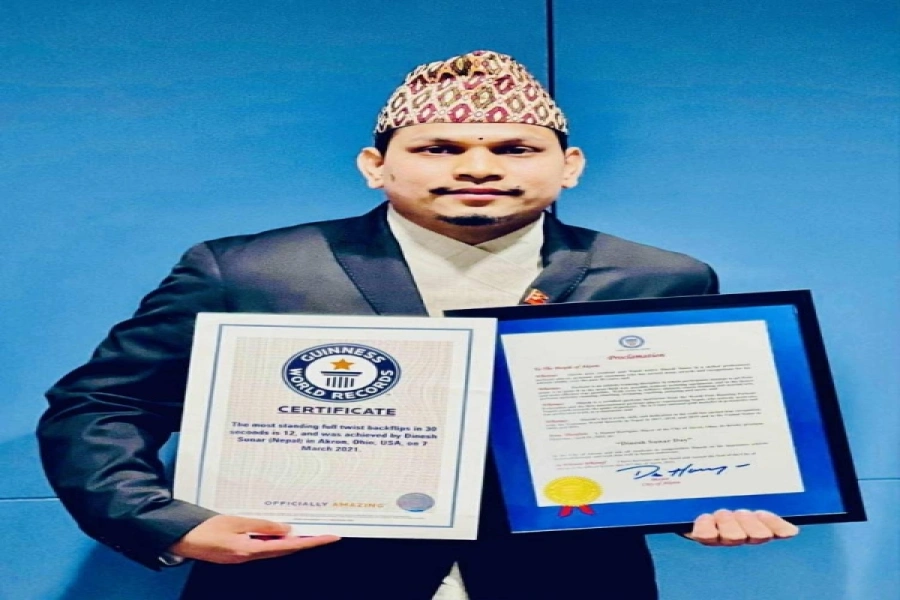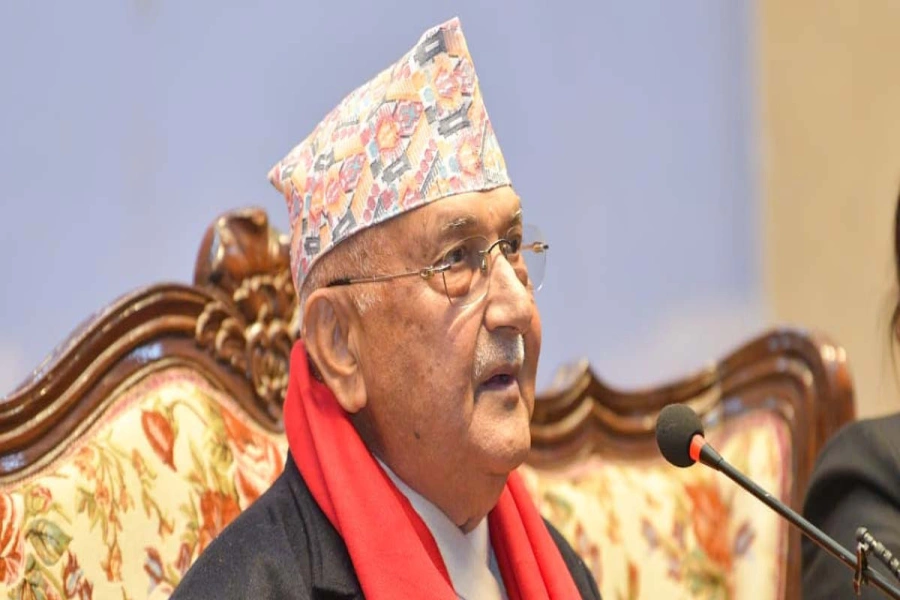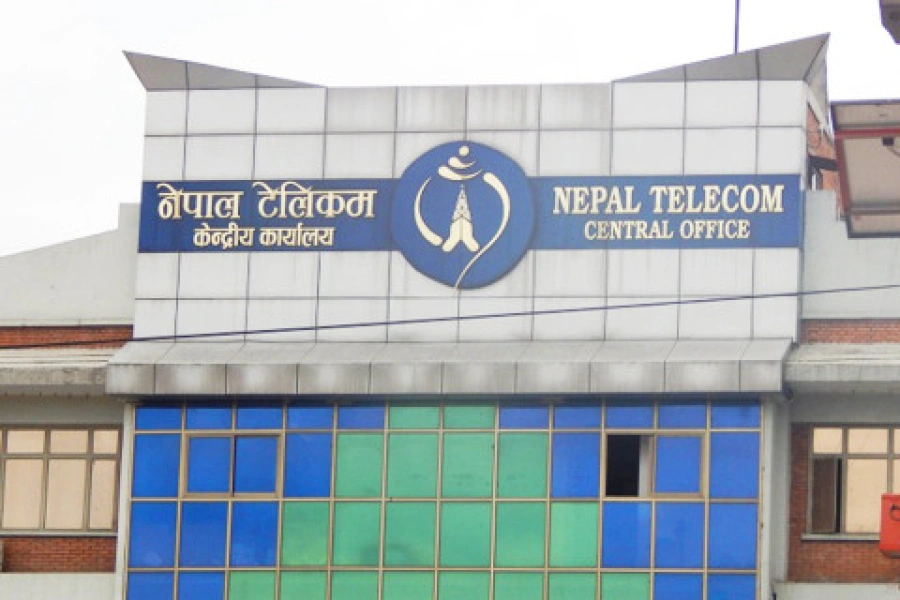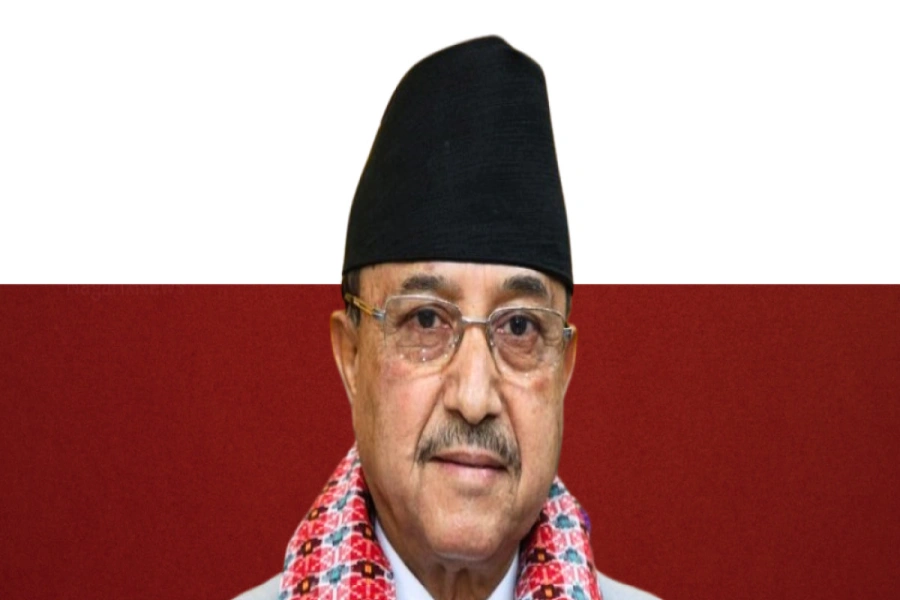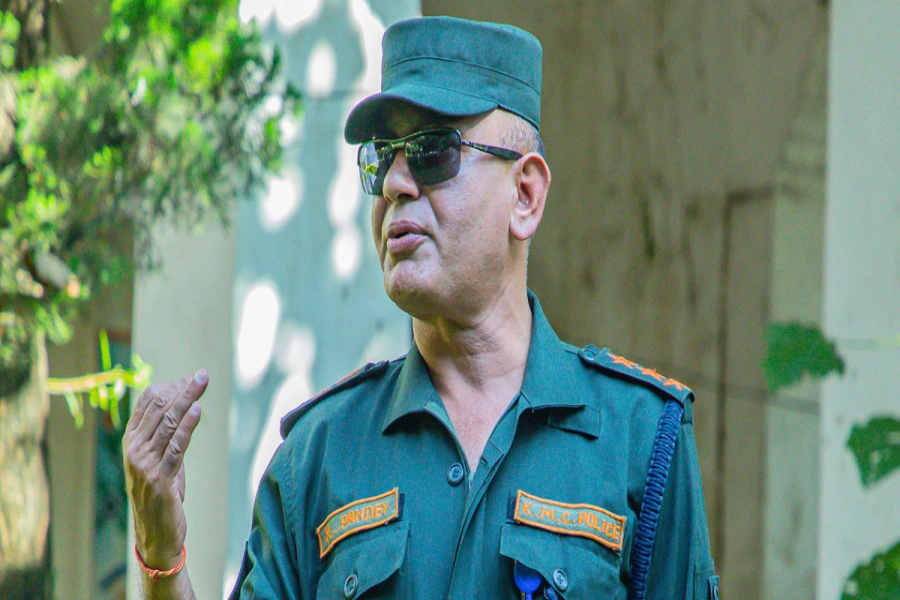On Saturday, the CPN (Maoist Center) organized what it called a warning assembly in Kathmandu, the first of its kind after a gap of several years. Maoist Center's Chairman Pushpa Kamal Dahal, accompanied by a host of fellow top leaders, vehemently criticized the coalition government led by CPN-UML Chairman K P Sharma Oli for poor governance and the state's failure to deliver goods and services to the people. While the government has failed to live up to its tall promises since taking office in mid-July, Dahal's angry outbursts appear to have come out of sheer frustration since being removed from power. The Maoist Chair led a violent decade-long armed insurgency in 1996 and, in 2006, joined the mainstream politics following a 12-point peace agreement with the then seven-party alliance cornered by the then King Gyanendra. The Maoist party has enjoyed the spoils of power for most of the period since then. Despite being in power repeatedly under his leadership, Dahal has failed to bring about transformative changes his Maoist party once promised. Dahal led a minority government formed after the Constituent Assembly election of 2008, but was thrown out of government in nine months for trying to sack the then Chief of Army Staff Rookmangad Katuwal. He would do well to realize and accept that his party has led the government as many as four times and the Maoist Chairman has served as the Prime Minister on three occasions. Each time, he has had to wash his hands off the seat of power for his follies. He made a shocking exit from the pre-election alliance with the Nepali Congress in 2022 and joined hands with the CPN-UML, Rastriya Swatantra Party and Rastriya Prajatantra Party. The partnership did not last very long and he defected the alliance only to return to the NC fold. He has spent much of his energy and attention after the November 2022 elections in changing bedfellows.
A lingering sense of indispensability and infallibility that seemed to have stuck in Dahal's mind came to an abrupt end when Prime Minister Oli and Congress President Sher Bahadur Deuba shook hands when he was blissfully unaware of the developments behind his back. It appears that Dahal has not been able to come to terms of his exit from the premiership all of a sudden. The Maosit Chair has long been a polarizing figure in Nepali politics. Contradictions and controversies have remained hallmarks of Nepali political leaders. Dahal can be no exception. Of late, no wonder, the general public has become increasingly skeptical of his political rhetoric about – as pronounced at the warning assembly – introspection and connecting with people or fighting corruption, for that matter. The protest rally in Kathmandu is only an example of the party's struggle to maintain relevance and credibility as the main opposition.
Black is bold

Many view Dahal's speech at Saturday's warning assembly in Kathmandu only as a desperate attempt to regain the ground slipping away beneath, thanks to his shortcomings and failures. The Maoist Center's agitation appears to be more about maintaining its relevance until the next elections. Dahal's statement that his party is not trying to topple the NC-UML government rightly comes out of the realization that the NC and UML leaderships, to date, remain firmly committed to the partnership in the run-up to the general election roughly two years later.



